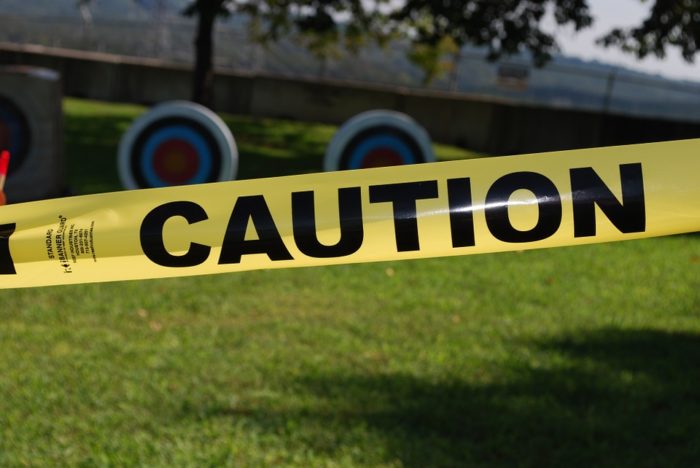เขียนเรื่อง โมเดลร้านอาหารในยุค Delivery ไป มาเจอบทความนี้ใน Bloomberg คิดว่าเป็นตัวอย่างที่ดีว่า ร้านอาหาร (รวมถึงร้านค้าปลีก) ในอนาคตระยะสั้นจะเป็นอย่างไร โดยดูจากโมเดลของ “อู่ฮั่น” ที่นำหน้าที่สุดในโลกแล้วเรื่อง Covid-19
Xiong’s experience provides a window into the uncertain future facing small-business owners around the globe as they contemplate life after lockdowns.
While many hope to pick up where they left off, Wuhan’s cautious emergence shows it likely won’t be that easy.
คิดว่าคำสำคัญที่สุดในบทความนี้คือคำว่า Cautious ที่จะอยู่กับเราไปอีกสักระยะในโลกยุคหลังไวรัส
บทความใน Bloomberg สัมภาษณ์เจ้าของเชนร้านหม้อไฟในอู่ฮั่น ที่ระบุว่าพฤติกรรมคนกินเปลี่ยน ทำให้เขาต้องปรับตัวตาม จากเดิมมี 10 สาขา กลับมาเปิดแบบเดลิเวอรีได้ 3 สาขา ตัดสินใจปิดถาวรไปอีก 3 สาขา
- People in the past dined out with their colleagues in their lunch hour, now they’re all getting lunchboxes
ประเด็นสำคัญคือ คนระมัดระวังตัวกันมากขึ้น เพราะถ้าเจอติดไวรัสอีก แปลว่าธุรกิจจะถูกปิดซ้ำอีก
- Half of Bainianfeng’s restaurants were hotpot joints, where groups of diners cook raw meat and vegetables in communal pots of boiling broth—the sort of places customers now are likely to avoid.
- Companies are testing employees before they’re allowed back to work and disinfecting their premises daily.
- If a customer or worker gets the virus, businesses typically have to shut down again for weeks of quarantine—something even the most painstakingly prepared business plan can’t predict.
ทางออกคือปรับตัวทุกทาง ตั้งแต่การหันมารับเดลิเวอรี เหรือใช้เทคโนโลยีแพ็กเกจจิ้งมาช่วย
- Before the outbreak, people would stand in line for 40 minutes on weekends to get a seat at Xiong’s more popular spots. But under lockdown, he was lucky to get 20% of the orders he used to receive.
- Betting the trend to order in will continue, he’s begun importing high-tech food packaging machines from Taiwan to sell to other restaurants.
ภาพประกอบจาก Pixabay

